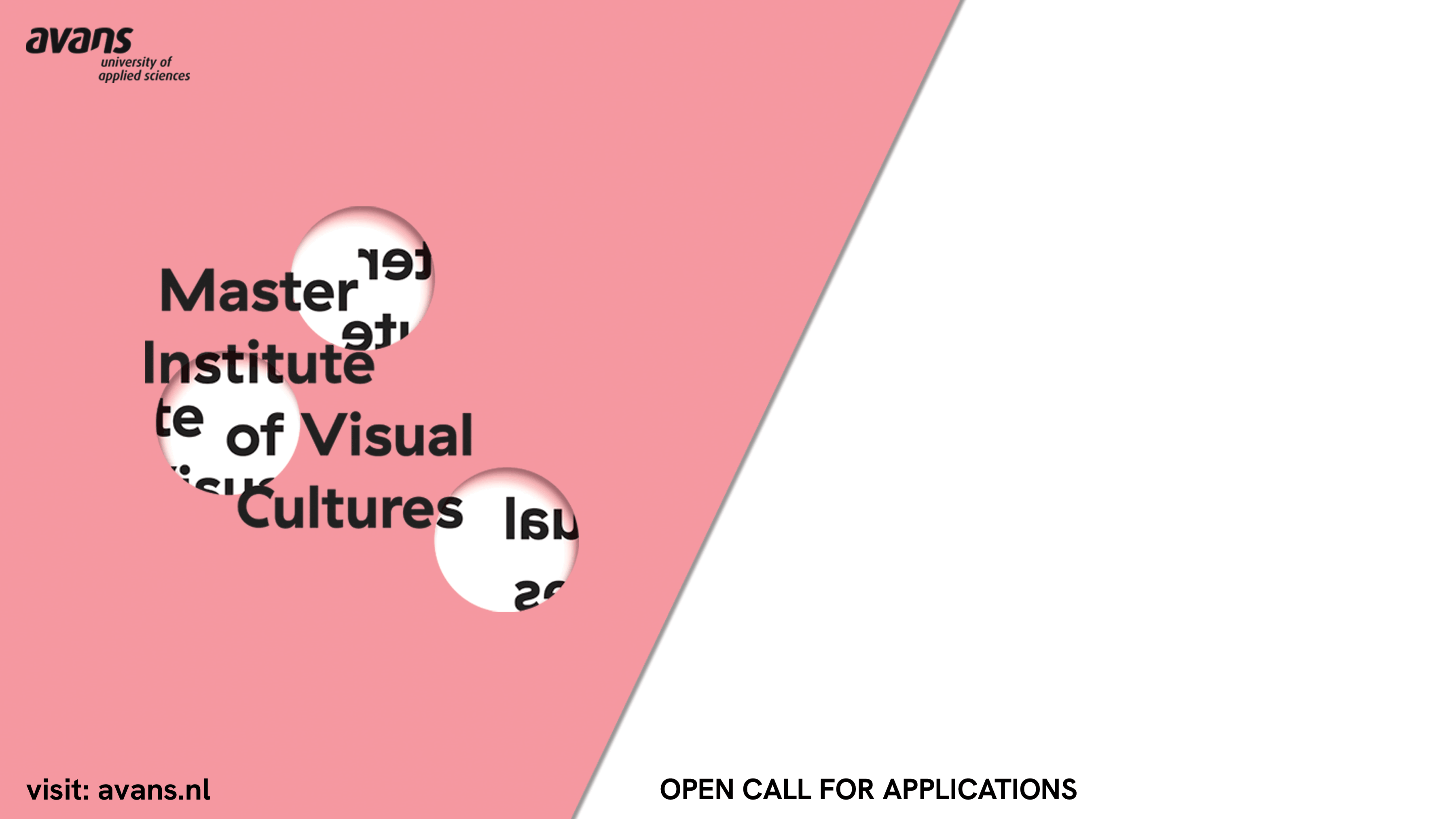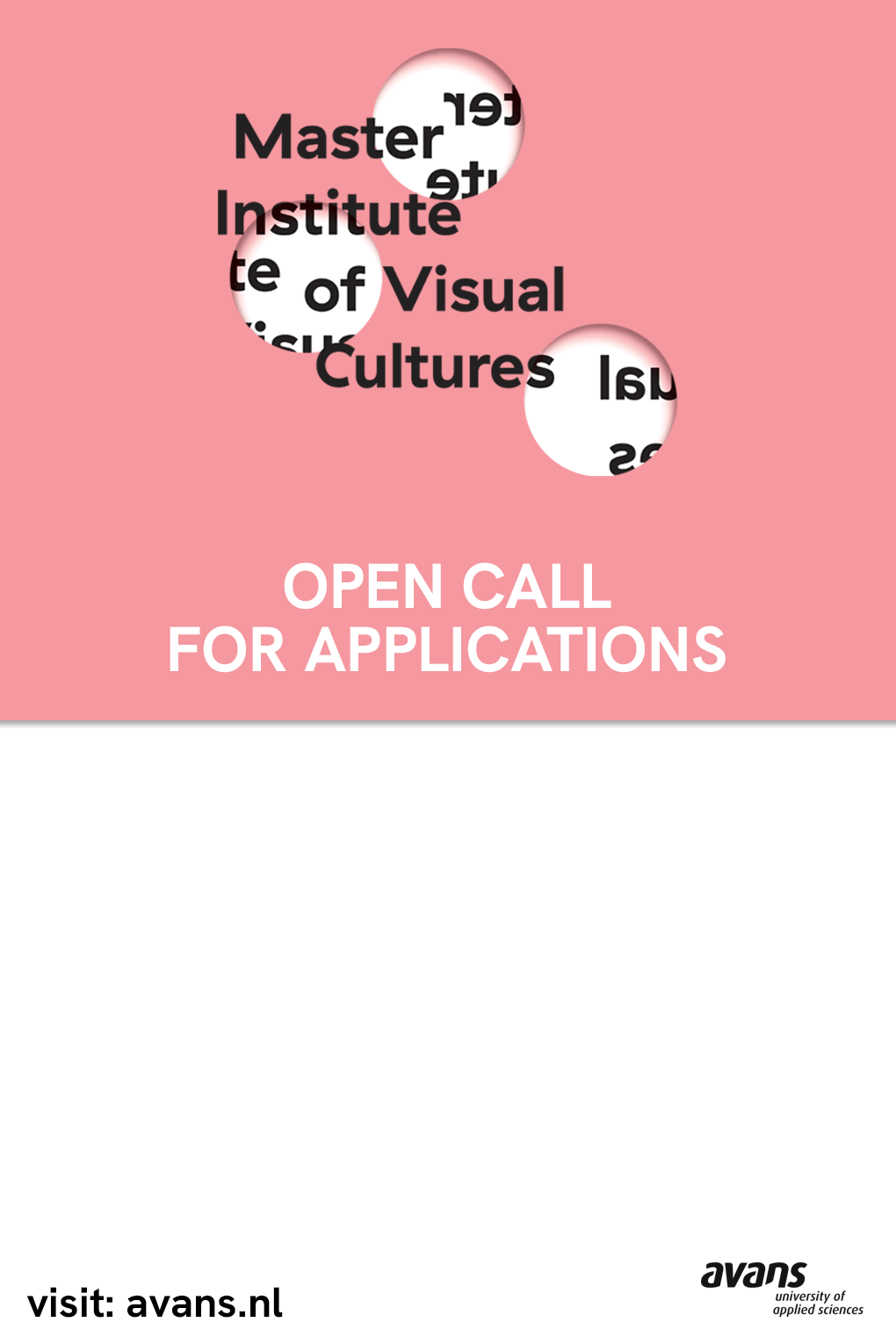Military Series
Aleksandr Sokurov in the MACBA Collection
9 February–20 May 2012
Exhibition conceived by MACBA and MoMA PS1 and organised by MACBA
Museu d’Art Contemporani
de Barcelona
Plaça dels Àngels, 1, 08001 Barcelona
Hours: Weekdays, 11 am–7.30pm
Saturdays, 10 am–8pm, Sundays and public holidays, 10 am–3 pm
Closed Tuesdays
(except public holidays)
www.macba.cat
In the last edition of the Venice International Film Festival Aleksandr Sokurov won the Golden Lion award for his film Faust, 2011. Accused of practising an aesthetically indulgent cinema, Sokurov’s fans regard his works as indispensable for understanding the complexity of post-Soviet Russia. Unanimously acclaimed for the Russian Ark, 2002, Sokurov’s filmography has maintained a productive relation with European painting.
Aleksandr Sokurov (Podorvikha, Siberia, 1951) belongs to a typology of filmmakers who have advocated the presence of cinema in museums. The introduction of cinema has modified the museum experience and expanded the limits of art history, changing the nature of the viewer’s attention throughout the exhibition and proposing a use of time that differs from that required for static images. The irruption of cinema has also given museums the opportunity to use the medium as a way of rethinking themselves critically. Sokurov’s Military Series, a three-film series lasting approximately ten hours, has become the emblem of this new form of exhibition cinema.
In the late nineties, Sokurov made Soldier’s Dream, 1995, Spiritual Voices, 1995, and Confession, 1998, the three films that make up the so-called Military Series. These works, which became part of the MACBA Collection in 2004, are shown on this occasion together with Elegy of a Voyage, 2001, conceived as a journey that takes us from Siberia to the Museum Boijmans Van Beuningen, Rotterdam. This last title, which in the context of the exhibition is seen as an epilogue to the Military Series, is Sokurov’s first production commissioned by a museum. The four films share a new documentary aesthetic that combines the empirical experience of place with a sombre and spiritual lyricism.
Soldier’s Dream (a short piece extracted from the third chapter of Spiritual Voices), and the five chapters comprised in Spiritual Voices, relate a prolonged stay at a frontier military post between Tajikistan and Afghanistan. The omission of factual information and the long sequences representing the soldiers’ routines face the viewer with an enigmatic chain of events. Not even the news on the war in Afghanistan, persistently broadcast, can attenuate the power of these images with which Sokurov tries to create a new event—which is no other than the one that takes place during the contemplation of the film.
Confession, made in the late autumn of 1997, on board a naval ship sailing on the Barents Sea in the Murmansk region, shares with Spiritual Voices the literary structure of a diary. These monumental visions of the Russian military apparatus, both sublime and abject, lack a narrative climax. The events unfold smoothly and without any apparent outcome. The absence of spatial and temporal references is compensated by the recitation of literary fragments and musical allusions. Equally, the ominous feeling of war underlying these pieces is manifested through a construction of time that dispenses with all chronological vestiges, except for the passage of the seasons and atmospheric variations capable of creating the most sublime compositions. The chain of ideas and states of mind runs parallel to an impetuous flux of images referring to situations as real as the ones provoked by military confrontation. And yet, this boundless footage unfolds at a slow and meditative pace, in the manner of an elegy or an essay.
Elegy of a Voyage takes documentary practice to a higher level of abstraction than the one attained in Spiritual Voices and Confession. The journey through Europe becomes a voyage in which the accumulated images amount to an authentic geography. The film ends in front of a painting by Pieter Saenredam, St Mary’s Square and St Mary’s Church in Utrecht, 1662, where Sokurov experiences his particular epiphany. Here uncertainty destroys any traces that may remain of a realist documentary style. Up until this point, Russian identity had been confined to the limits of the nation, yet now European identity becomes no less vague and imprecise through a series of sequences of visual and acoustic evocations.
Screened films
Soldier’s Dream
1995
Single-channel video, colour, sound, 10 min 40 sec
Spiritual Voices. From the Diaries of a War
1995
Single-channel video, colour, sound, 326 min 36 sec
Confession. From the Commander’s Diary
1998
Single-channel video, colour, sound, 208 min 38 sec
Elegy of a Voyage
2001
Single-channel video, colour, sound, 47 min 53 sec
Activities
Wednesday 14 March, at 7.30 pm
Lecture by Albert Serra
Aleksandr Sokurov’s Films
Free admission. MACBA Auditorium. Limited seating
Saturday 24 March, 5 pm to 12 midnight
Screening and discussion
Spiritual Voices (326 min 36 sec)
Included in the Museum’s admission ticket Museum galleries. Limited places
Saturday 21 April, 5 pm to 11 pm
Screening and discussion
Confession (208 min 38 sec)
Included in the Museum’s admission ticket
Museum galleries. Limited places
Presentations of the project
(included in the admission fee)
Further information www.macba.cat and Twitter.




